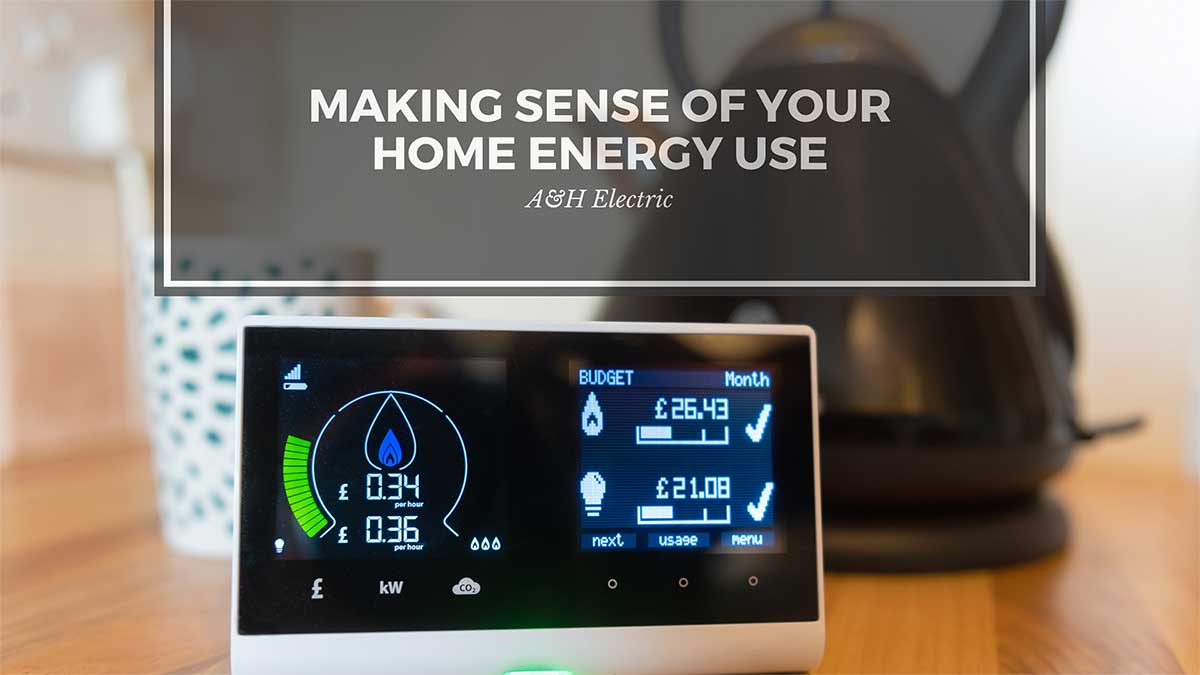According to the U.S. Energy Information Administration (EIA), as of 2020, the average Texas household consumed 1,132 kilowatt-hours (kWh) per month at a $0.1171 per kWh for a total average monthly electricity bill of $132.59. Of course, these bills differ by household, depending on their specific usage and equipment choices. Other factors, including the square...
Category: Home Appliances
Food Safety in The Event of a Power Outage
Whether it’s from a powerful storm or extreme heat, when your house goes dark and quiet, there are specific things you should do to prevent refrigerated and frozen food from spoiling. That is particularly essential should the power outage extend past four hours as this is the time that the U.S. Department of Agriculture (USDA):...
Making Sense of Your Home Energy Use
It can be challenging to determine what appliances and electronics are consuming the most electricity. According to the U.S. Department of Energy, especially troubling are those that consume power when in a standby mode, as they can add an extra ten percent to your monthly utility bill. You can identify inefficient devices and behaviors by...
How to Properly Clean Your Electronic Devices
Do you spray Windex on everything and rub it down with a paper towel? While this may be okay for countertops, mirrors and if you’ve seen My Big Fat Greek Wedding, cuts and abrasions, it can cause all sorts of damage to your electronic devices. I know what you’re probably thinking, and the answer is...
Protect Your Home with a Whole-House Surge Protector
Each electronic device in your home, from your HVAC unit to your large screen television, and high-tech audio equipment has a microprocessor. Without adequate protection, power surges can destroy these microprocessors, rendering your home electronics and/or appliances completely useless. The cost to replace each damaged device is much more expensive than installing a whole-house surge protector....
How to Recycle Your Electronics
Leaving dated, damaged or non-working electronics on the curb, or tossing them in the trash can for the garbage man to pick up might sound like a good idea, but it’s not the most environmentally friendly nor is it safest option. Old electronics, such as, televisions, DVD players, VCRs, cell phones, alarm clocks, video games,...
Easy Steps To an Energy-Efficient Refrigerator
In terms of home appliances and energy use, the refrigerator is one culprit that often leads to high utility bills, when compared with other home appliances. You can calculate your refrigerator’s annual energy use by clicking here. Today’s models are fortunately 60 percent more energy efficient than they were in years’ past. The following easy...



